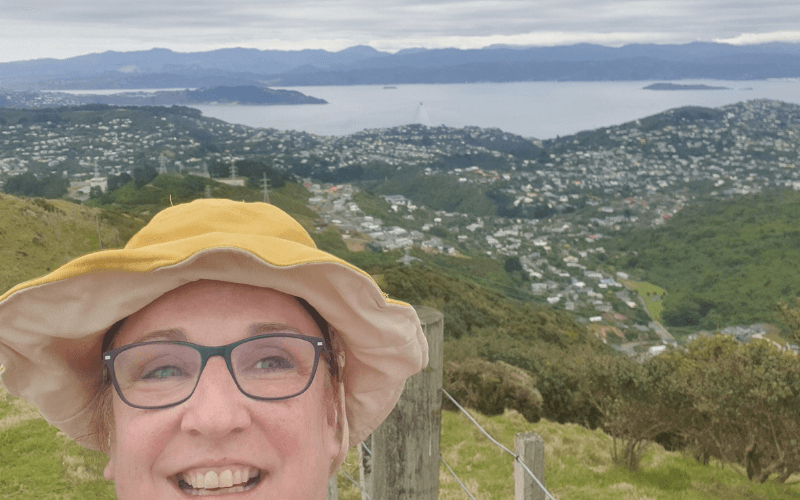
What most attracted you to Juno?
Hard to name one particular thing. I was looking to make a change from an organisation I’d been with for some time, and culture is really important to me. It was quite obvious that Juno has a great culture – everything they do is quite mindful, whether it’s innovating to meet client’s needs or making sure our team is working in a sustainable way.
I was also naturally attracted to the Juno model of working within our clients' organisations to cover times of need—a very effective way of understanding what’s needed and delivering advice that hits the mark.
I also love learning new things, so it suits me well!
My favourite part so far has been working alongside really fantastic people—without exception, I’ve been warmly welcomed into engagements and treated as part of the team, and I've had the chance to work alongside very talented teams doing really valuable work.
How do you adapt when working with clients from different sectors or industries?
My starting point is always what the client needs, why they’ve engaged Juno, and how we can help. And I’m really clear about what I know and what I need to learn to provide the support they need. At the beginning, especially the first week, I do a lot of watching and listening (and taking notes!) and making time to meet the right people.
At this stage, dare I say it’s about picking up the “vibe”, and by that I mean both the formal work priorities, and also the way of working for that team, within that particular organisation – the unwritten/unsaid stuff! There are usually a couple of people (a Chief Legal and a peer) who are the key contacts for the particular work. At the beginning, it’s a matter of staying connected with them and regularly checking in. I find a 5 min catchup every day can be much more valuable than a longer, less frequent one – but that might reflect the roles I’ve done. Typically, our clients are really, really busy, so it’s a matter of finding easy ways to connect and clear updates. So, in terms of adapting, it happens incrementally as part of my approach.
Can you share a recent example of a client engagement where you had to think outside the box to find a creative solution to a problem?
In my experience, frontline Operations teams are often really slammed with work, and it can often become quite reactive because of the urgency. I was recently involved in providing legal advice on one of their files when I realised we also had legal requests from other parts of the business that were also dealing with related matters. With the consent of the legal manager, I stepped in and suggested we coordinate a “one-stop shop” point of contact with the client. Whilst it meant a bit more work for us at the beginning, collectively, there was less effort and churn. Overall, there was less risk, and we role-modelled a way of managing things that operations can take on themselves.
What contributes to a great Juno engagement?
I think when a Chief Legal is feeling like they could do with a clone of themselves, it’s probably a good sign that a Juno engagement could be a great thing!
I don’t want to wish that sort of discomfort on our clients, who tend to be adept at prioritising and juggling, but sometimes it’s unavoidable because of recruitment challenges or perhaps novel projects. As Juno Lawyers, we’re highly experienced, so we tend to bring a range of technical skills along with good judgment and communication. This makes us a great second pair of hands, and we’re happy to have stuff offloaded onto us.
It’s really good to see it, actually – you go into an overstretched team, provide a bit of capacity – and suddenly, the whole team is humming just a little bit better.
Ngā mihi maioha to Mary Gordon, for sharing her Juno experience with the community.
If you'd like to learn more about our Juno team and their experience and expertise, visit Our People page and get in touch.